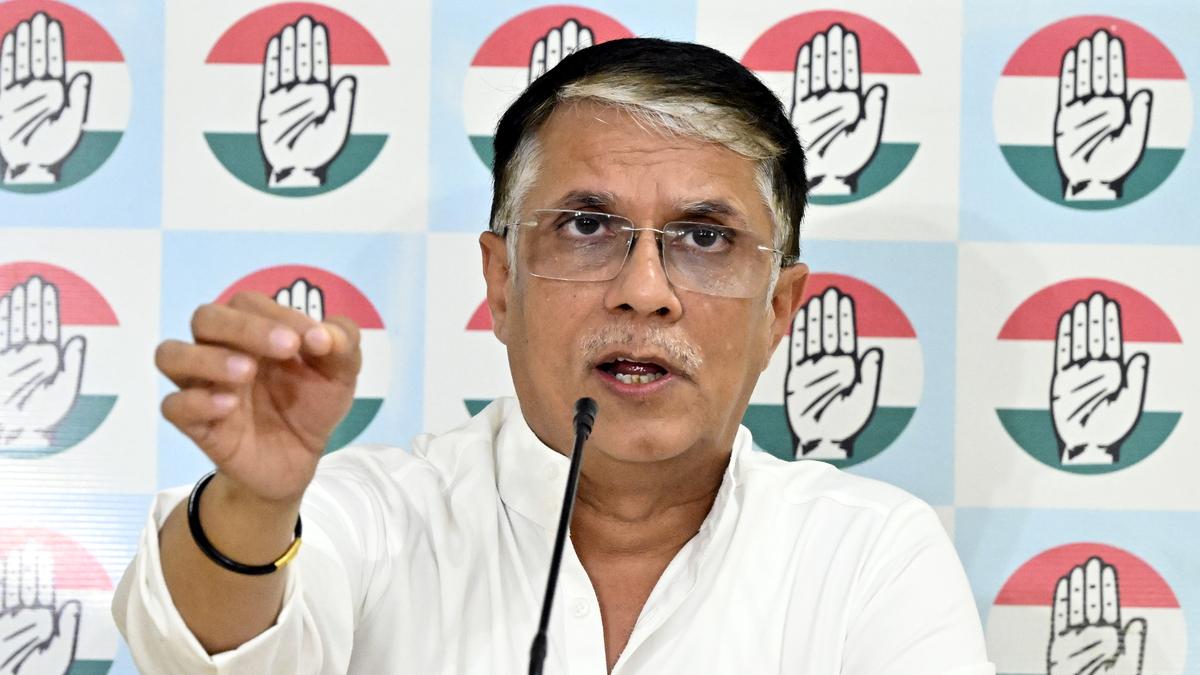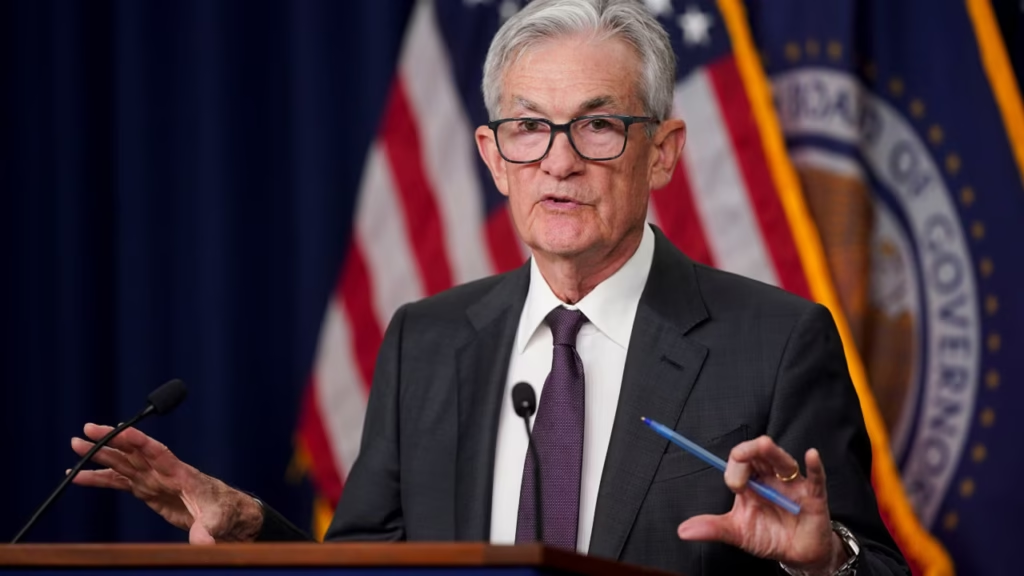Now Reading: Aadhaar and Voter ID Debate Sparks Political Clash Between Congress and BJP
-
01
Aadhaar and Voter ID Debate Sparks Political Clash Between Congress and BJP
Aadhaar and Voter ID Debate Sparks Political Clash Between Congress and BJP

The debate over linking Aadhaar with voter identity cards has once again taken center stage in Indian politics. With the Election Commission facing criticism from opposition parties, particularly Congress, the issue has triggered a sharp war of words. The question is whether mandatory Aadhaar linking truly safeguards electoral integrity or risks excluding legitimate voters.
The Election Commission has argued that linking Aadhaar with voter IDs can help curb duplicate entries and strengthen transparency in elections. Supporters of this move, including the BJP, believe it is a step toward cleaner electoral rolls. They argue that much like Aadhaar has streamlined welfare schemes, its role in elections could ensure greater accountability.
On the other hand, Congress and several regional parties have expressed concerns over privacy, potential misuse of data, and the risk of disenfranchisement. They highlight that many citizens, especially in rural and remote areas, still face challenges in updating Aadhaar details, which could unfairly affect their voting rights. Civil rights groups have also raised questions on whether such linking is truly voluntary or indirectly coercive.
For Tier 2 cities like Nagpur, Lucknow, and Jaipur, the debate carries real significance. These regions often see higher migration and voter duplication cases, making the Election Commission’s argument relevant. At the same time, lack of digital access and Aadhaar update facilities in smaller towns can leave genuine voters at risk of exclusion.
As political sparring intensifies, the issue reflects a larger question about India’s democratic processes in the digital age. Balancing electoral transparency with citizens’ rights and privacy remains a complex challenge. What becomes clear is that both sides need to shift the conversation from blame to solutions that secure elections without compromising the fundamental right to vote.

























